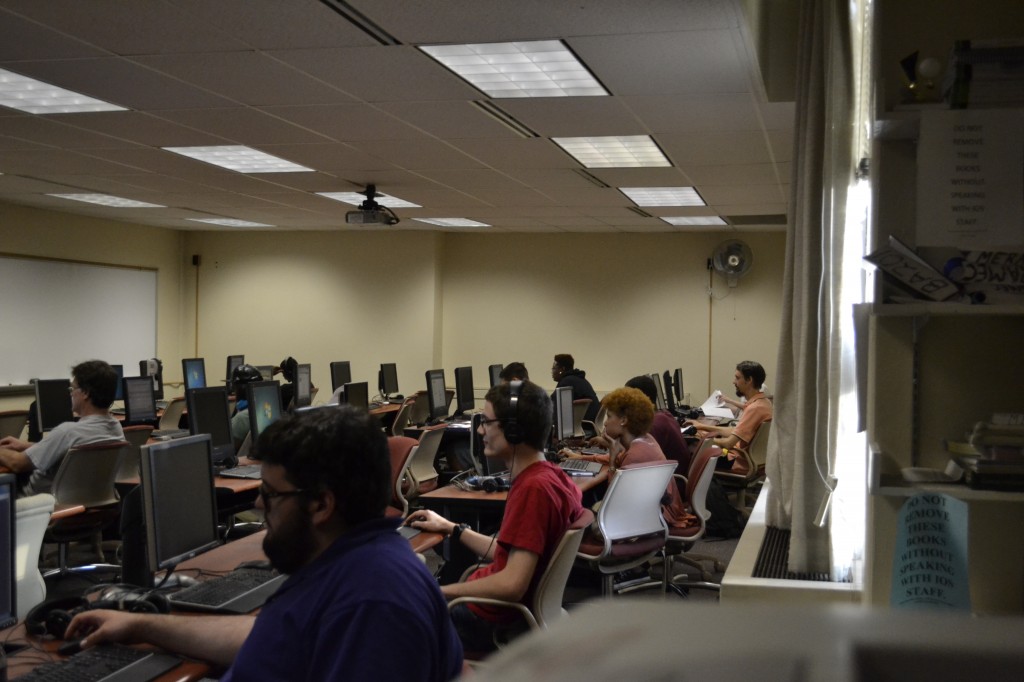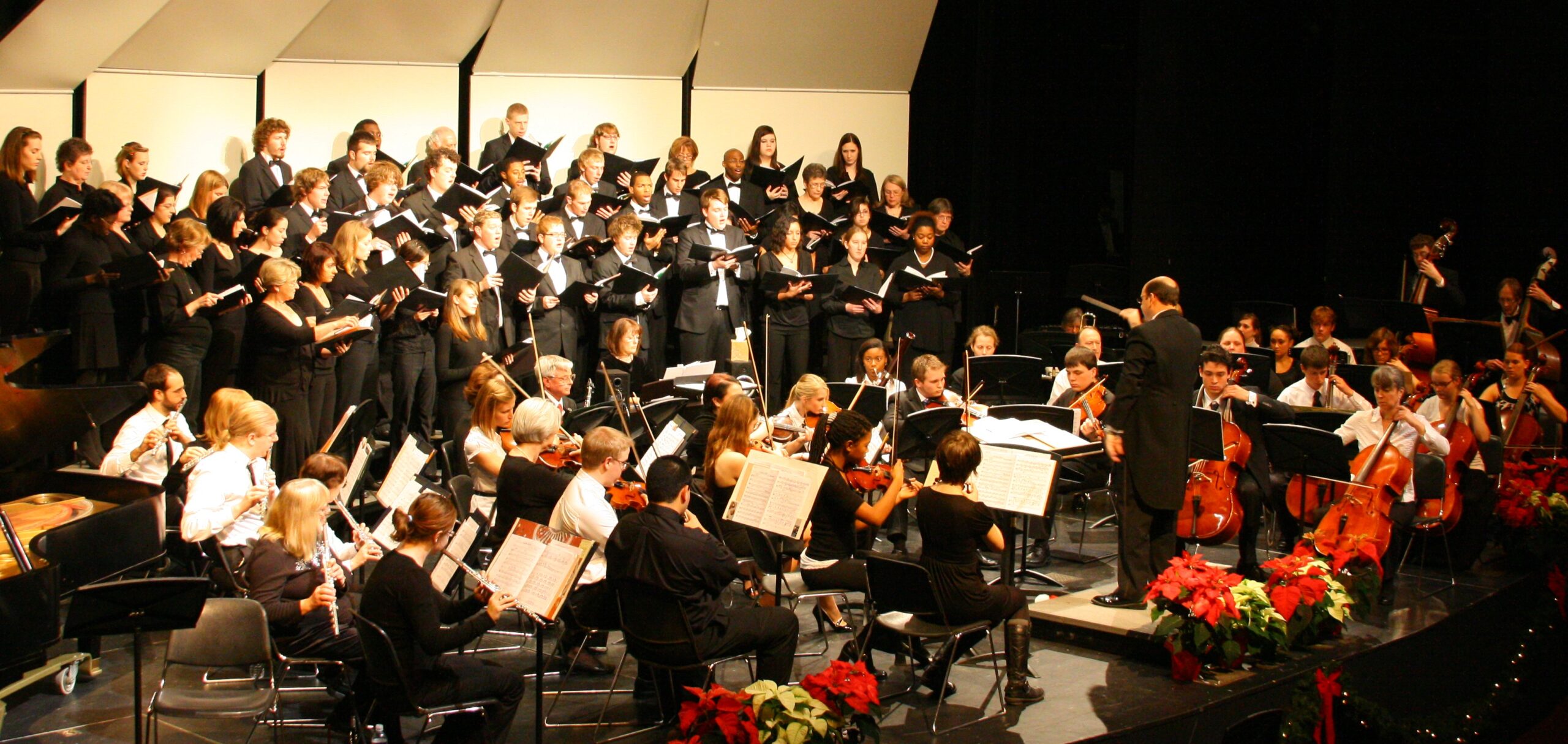Technology service options still available for evening classes

By: CASSIE KIBENS
Production Manager
STLCC-Meramec has not had night technical support due to the lack of demand in the past. However, there are still options; faculty, staff and students can utilize if they find themselves needing technological support.
“We’ve gone through several generations of where we’ve added support in the evenings and removed support in the evenings,” Vice Chancellor of Technology and Educational Support Services, Dr. Craig Klimczack said. “The biggest challenge is when we had support in the evenings we get very, very few calls for real technical calls.”
Meramec’s Media Services is one of the support options on campus. Media Services focuses more on the install, repair and servicing aspect of Meramec technology. Media Services is responsible for making sure projectors work, delivering laptop carts and checking out various photography and videography equipment to students.
“There will be somebody here at night time to physically bring the computers to your classroom, but if something on the computer actually goes wrong, that’s not [Media Services’s] jobs,” Patrick Mallory, Senior Manager/Library and Instructional Resources, said. “Their positions is to deliver and set up and all that. We have a line there where the interworking’s of a computer, the software that’s on the machine, the operating system [and] the image, that’s in the realm of our Technology and Education Support System (TESS) department, our IT department.”
The TESS department is responsible for the innerworkings of campus technology. If a computer has problems connecting to the server or if the computer itself malfunctions, the TESS department takes care of those problems. Media Services can assist with providing a substitute computer, but when it comes to actually fixing the issue the TESS department is the one to call. Sharon Swan, Senior Manager of Campus Technology believes that even if Meramec had the nighttime technology support, it would not be much different than how they handle issues during the day.
“If you think about it, you’re in the classroom during the day and there’s a computer that doesn’t work, unless something can get done to get the computer up and running very quickly, we’re not going to send somebody in and disrupt that class the entire time that class is in session,” Swan said. “Even if we did have someone here at night, I don’t know that the response would be any different, we’d still wait for the class to be over and then go in there because if we’re in the classroom working it’s kind of disruptive from what’s going on.”
While the nighttime technology support may not return anytime soon, it could make an appearance with the way technology is currently advancing.
“I see [the addition of nighttime tech support] probably changing in the future, it’s just there’s nothing specific about that,” Klimczak said. “As the media services becomes more technical in nature that we may see that evolve, but that’s just not the way we are organized today.”











